I have a friend who was a Young Conservative. Just the one, I promise, and he’s grown out of it by now. I remember him, though, back from a party conference, freshly despairing, some time in the bleak, dandruffy Tory doldrums of 2000-ish. ‘It would be very easy,’ I remember him wailing, ‘for them to have some funky lights and Morcheeba playing in the background. Couldn’t they at least do that?’
Easy or not, it would be another five years and two bald leaders before they’d do anything of the sort. By then it would be the Killers, rather than Morcheeba, but the idea was much the same. It’s easy to forget, these days, but the David Cameron we have now — austerity Cameron; he of the tiny, stern lizard mouth — is a very different sort of Cameron from the one who won the leader-ship in those booming, Blairish days ten years ago. That guy knew what it was to be a Conservative and squirm because of it. This, indeed, was his thing. This was the point of the bikes and the windmills on the roof and pretending to care about overseas aid and the hugging of hoodies. He was going to be the guy who decontaminated the Tory brand. His years of experience in PR were going to change everything. He was going to make it possible to go out into the world and be a Conservative and not have everybody you ever met think you were a right bastard, too.
Even by 2010, it was all still going according to plan. Few seemed to understand this at the time, but coalition with the Lib Dems was a triumph for Cameron Conservatism, rather than a product of failure. ‘Look!’ it allowed him to say. ‘Even these lentil-munching hippies will be our friends now! The age of bastardry is past!’ The Big Society (remember that?) had notions of Tory niceness at its hopeless heart. Equal marriage was not only brave but visionary, very nearly managing to suggest that ‘being a Conservative’ and ‘not being utterly beastly’ might belong together, by definition.
And then abruptly they threw it all out of the window. Maybe the inner circle had all sat down together for a meeting in Downing Street, perhaps with Lynton Crosby. ‘This “being nice” stuff? It’s exhausting. Plus, Ukip is really clearing up on the bastard vote. So enough!’
Not for ages, perhaps as much as a year, have I heard a Conservative bother to defend their intentions on the NHS, never mind their record. By default now, by reflex, the left calls them cynical bastards, ripping the thing up so they can sell it to their bastard mates. ‘No, no,’ they could say, ‘we actually do want outcomes to be better! Honestly! This really was the point!’ Only they don’t seem to have the strength. On immigration, they’re keen to pretend they’ve been bastards when they haven’t even managed to. On tax, on banks, on toady-ing to the City, they just shrug and suck it up. Once, I’m sure, the right made a moral case for this sort of thing — about the need to create wealth in order to spread it around. No more. None of that. It’s all gone.
In fact, it’s worse than that. For the election, inasmuch as I can make out, the plan is to make bastardry into a virtue. They won’t crow of triumphs, but warn of pain. They will fight on economics and competence; on the necessary further cuts ahead, and the way that they alone have the stomach to bring them in. ‘Tories!’ the posters may as well say. ‘Just the bastards that Britain needs!’ There’s real bastarding relish there. And in a time of fear and uncertainty, and with all the scrappy farce of Milibandism on the other side of the house, it might well be enough to give him another five years of grace while Britain mulls over what comes next.
Wasn’t Cameron supposed to be the thing that came next, though? Wasn’t that the plan? So perhaps it’s a cynical and tortured switcheroo in the face of a feared Ukip surge. Only it doesn’t feel that tortured, does it? In fact, it feels comfortable; not a stretch but a slump. Which makes me think that it’s real, and the cynical bit was what came first. That he was never really a moderniser at all, but just modernity’s stalker. Copying its clothes and pretending to like its music; hanging around outside its house, trying to nick its friends. Not really meaning any of it for a moment, and relieved to have let it all slide. Leaving that old ‘nasty party’ label for the next generation to deal with next time around, perhaps cursing his name as they do. And he was the future once.
Double vision
A week on, I’m still transfixed by The Dress. You’ve seen it? It’s a photograph, now republished around the world, of a blue-black dress caught in a strange reflective light. To some, it still looks blue and black. To others, white and gold. There is no nuance here, nor shades — literally or figuratively — of grey. You firmly see one or the other. And whichever you see, you cannot comprehend how others could see anything else. Yet there is no right and no wrong. Only a fault line in human perception which makes both interpretations true.
The thing emerged on Thursday evening, and by Friday lunchtime, online humanity had agreed to disagree. Why so easy with colours? Why so hard with everything else?
Got something to add? Join the discussion and comment below.
Get 10 issues for just $10
Subscribe to The Spectator Australia today for the next 10 magazine issues, plus full online access, for just $10.
Hugo Rifkind is a writer for the Times.
You might disagree with half of it, but you’ll enjoy reading all of it. Try your first month for free, then just $2 a week for the remainder of your first year.


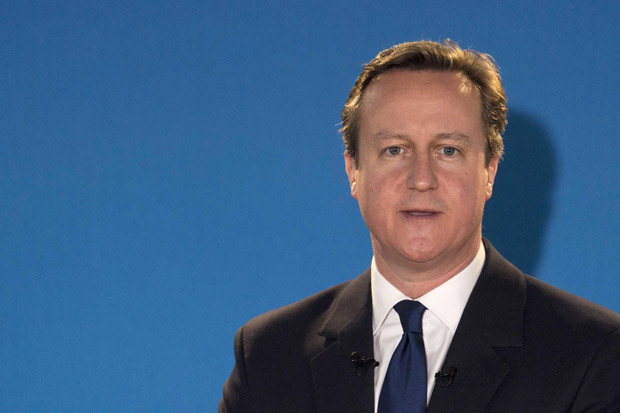
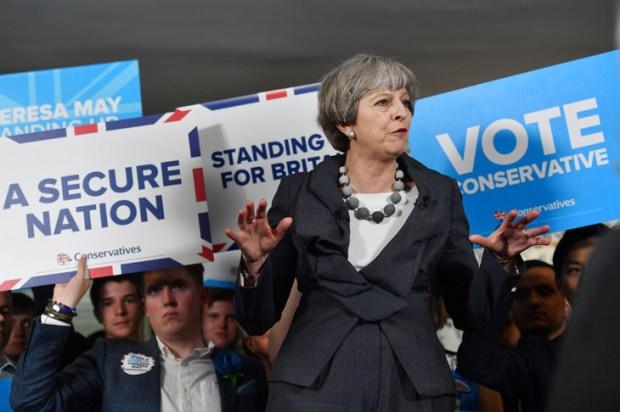
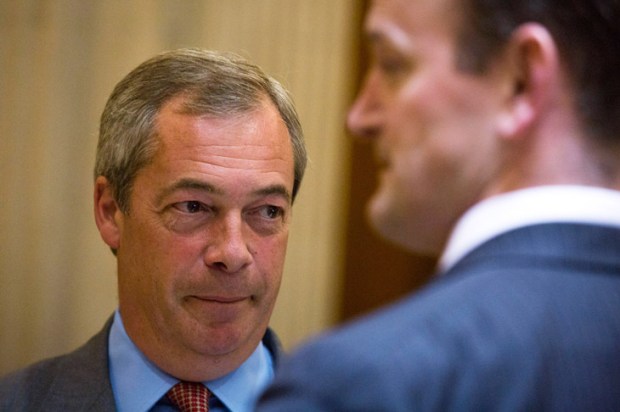
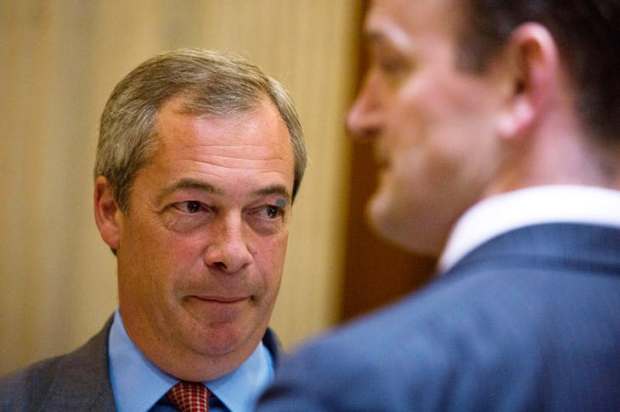
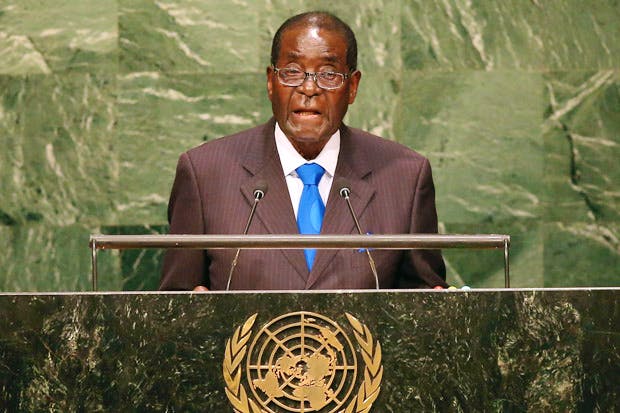








Comments
Don't miss out
Join the conversation with other Spectator Australia readers. Subscribe to leave a comment.
SUBSCRIBEAlready a subscriber? Log in